I was re-watching the classic Roman Holiday when it dawned on me that Princess Anne is a bit of a flâneuse. For those of you who haven’t seen the movie, or if you haven’t seen it in awhile, here’s a quick rundown (though I highly recommend you go watch the film right now….go on…I’ll wait for you!)
Audrey Hepburn, in her first major film role, plays Anne, the princess of some made-up European country. While on a whirlwind diplomatic tour, she stops in Rome. It becomes pretty clear that Princess Anne isn’t very happy with this life. You see, her entire life is scheduled for her, from the things she does to the things she’s supposed to say. This, of course, makes life unbearable for la flâneuse who wants nothing more than freedom.
One night in Rome, Anne has a bit of a breakdown. After her doctor gives her some sort of medication to calm her down, she escapes. Stumbling around Rome, late at night, she meets up with Joe Bradley (the terminally handsome and charming Gregory Peck). He is a news reporter who — coincidentally — is supposed to be interviewing the Princess the next day but doesn’t realize who he’s met. Anne is too out of it to figure out how to get back to the palace, so she winds up crashing at Joe’s tiny flat. The next day — after Joe discovers who Anne really is and decides to write a secret exposé about her — the two spend the day wandering around Rome, stopping by some iconic places and having crazy adventures.
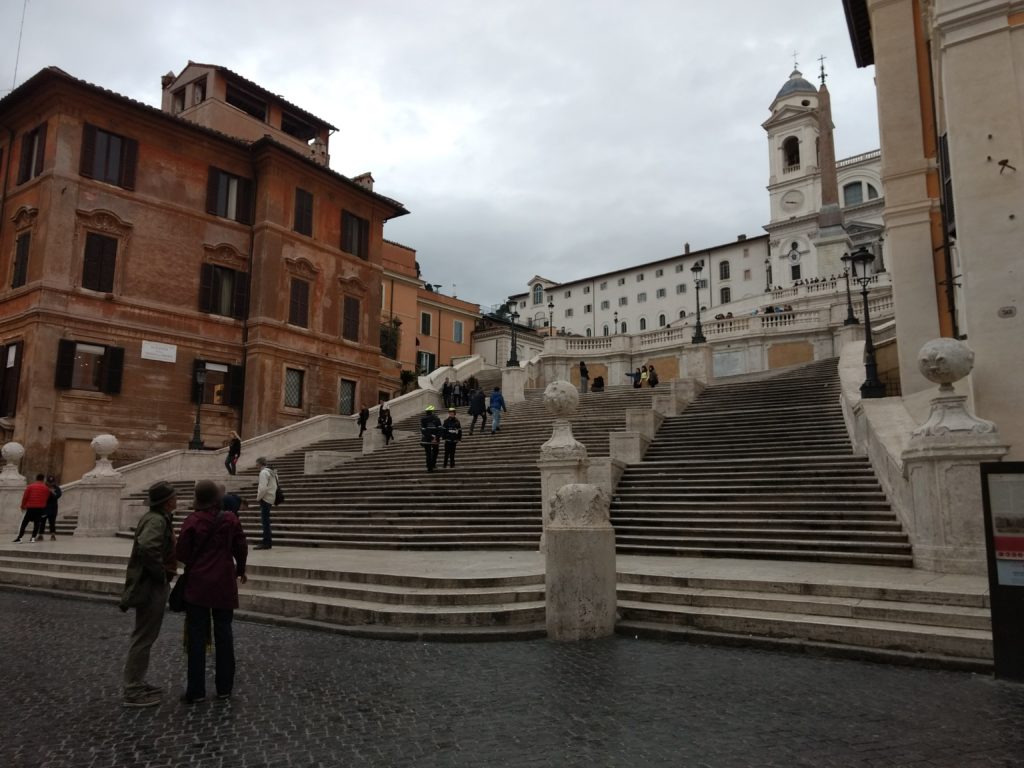
I can’t begin to describe how much I love this movie. I love Rome (obviously), I love Audrey, I love Gregory Peck (and why didn’t I meet Joe Bradley when stumbling around Rome?) But more than anything I utterly love the ending of Roman Holiday. In the end (massive spoiler alert follows, so if you didn’t take my advice and watch the movie, don’t blame me) Anne chooses her duty as a royal over her love. She is a changed character, no longer the passive woman she was at the start of the movie, but not changed so much that she abandons the throne. It breaks my heart every single time.
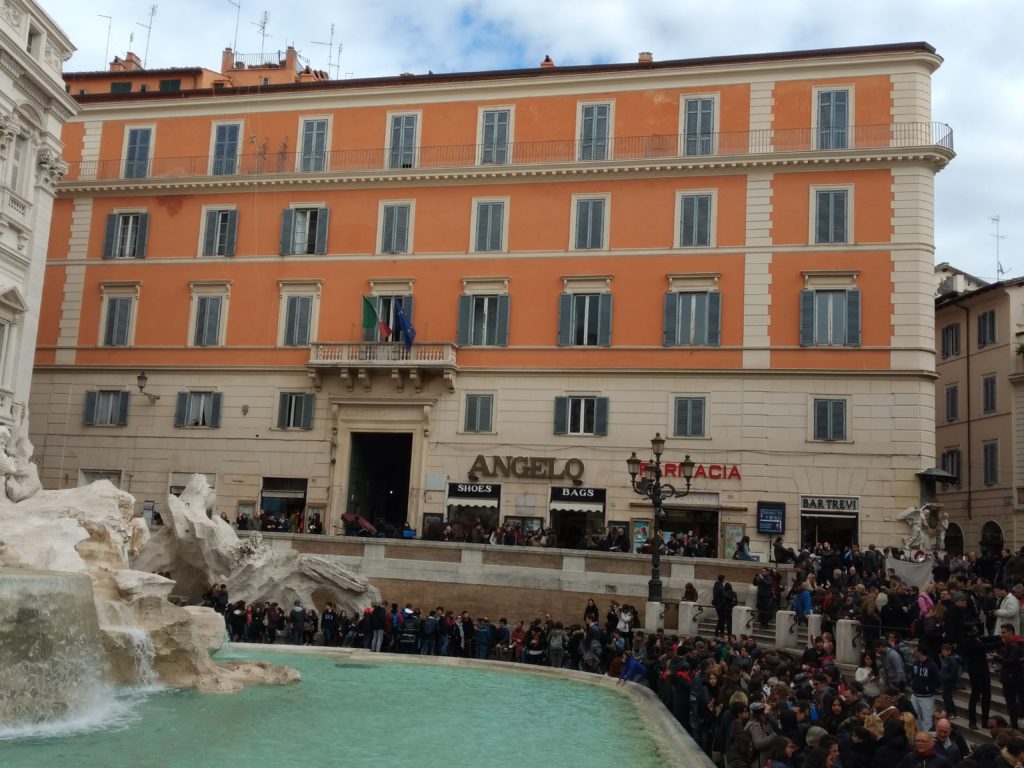
In the final scene, at the Palazzo Colonna, Joe Bradley finally has his chance to interview the Princess at a press junket. Though the two don’t exchange much dialogue directly, it’s clear from his silent gaze that he wants her to stay with him. But it’s also clear that Princess Anne — now a fully-realized young woman, in contrast with the childlike debutante she was at the film’s beginning — has made up her mind.
The two share one last, lingering glance, and then Princess Anne disappears. Still, in the final agonizing thirty seconds of the film, Joe Bradley waits. He waits as the rest of the press clears out, and we wait with him. We wait with him for Anne to come back, to say, “Forget this stupid made-up monarchy! I want you, Joe!” But of course she doesn’t come back. The sound of Joe’s echoing footsteps as he walks across the lengthy, ornate Great Hall are a discomforting, prolonged sorrow.
We hopeless romantics wait until the very last second of the film with Joe, no matter how many times we’ve seen it before; we wait with hope that one day the ending will be different. But this is not a fairy tale ending. For such a whimsical, magical movie, the ending shatters our expectations. We want Anne and Joe to wind up together because this is a romantic comedy, and that’s what’s supposed to happen. But not in this movie. The end. Fin. Fade to black.
The perfect ending.

Like I said, what struck me the most when re-watching Roman Holiday (and now that I’m here wandering the same legendary places in Rome) was how at her core Princess Anne simply wants the freedom to roam, unobserved, unscheduled, and unsupervised. And what better place to do it than in a chaotic city like Rome, a place where one can merge with the crowd. At the beginning of the movie, as Princess Anne sits in bed (in her proper nightgown, drinking her milk and eating her crackers) she hears the roar of the celebration from outside the palace walls. It’s torturous. She must get out.
Yet, even when she flees, she doesn’t want to cause trouble. Anne’s not about to join a band or get a face tattoo. She just wants to witness real life and be a part of it.
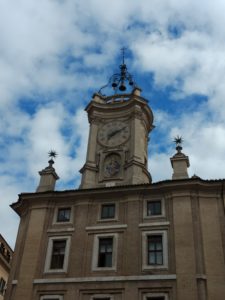
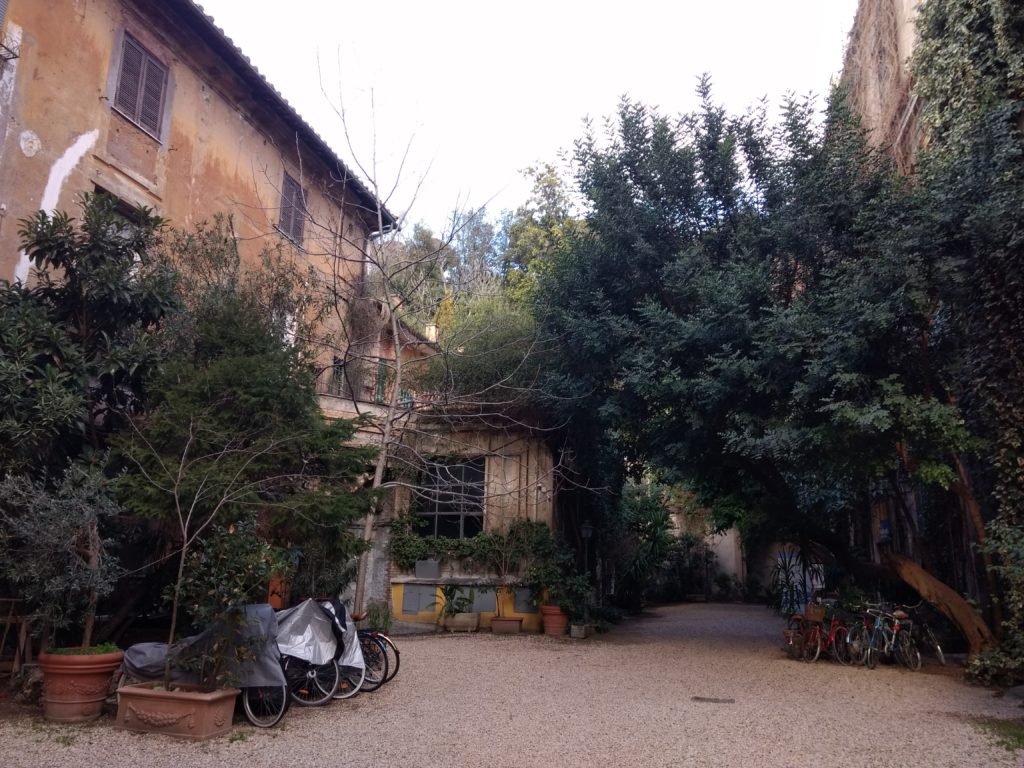
After leaving Joe’s apartment in the morning, alone, Anne does the most simple things: walks through a market and buys a pair of shoes; haggles with a vendor over flowers; gets her hair cut by the Trevi Fountain; eats a gelato on the Spanish Steps. When she and Joe meet again, she tells him what she wants to do with the day, and it’s all fairly basic:
I could do some of the things I’ve always wanted to…Oh, you can’t imagine. I-I’d like to do just whatever I like the whole day long…I’d like to sit at a sidewalk café and look in shop windows. Walk in the rain. Have fun. Maybe some excitement.
That’s pretty much every day in the life of la flâneuse.

Later, while having a drink (midday champagne for Princess Anne before she smokes her first cigarette ever) in front of the Pantheon, Joe suggests they “make out a little schedule,” and Anne panics. She says, “Oh not that word, please.” Joe comes back with, “I meant a fun schedule.”
For Anne, for la flâneuse, a schedule is stifling. She needs the unpredictable. During Anne’s escapades in Rome, this translates to a wild vespa ride around the Colosseum (almost landing her and Joe in jail), an unexpected (and, fun fact, unscripted) scare at The Mouth of Truth, a dance and brawl on a barge in the Tiber in front of the Castel Sant’Angelo, one perfect kiss.
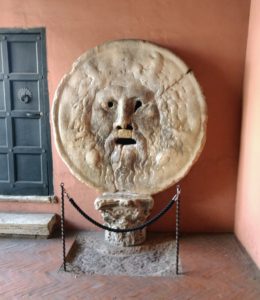
The ending is frustrating for la flâneuse because it seems that Anne has chosen to go back to her prison. And, in many ways, this is true. When confronting her handlers back at the palace, she says, “Were I not completely aware of my duty to my family and to my country, I would not have come back tonight or indeed ever again!” Duty, in this case, trumps her need for her own freedom, and it’s clear from her words that she has made a tremendous sacrifice; duty is the only thing that brings her back.
Yet her wanderings are not without meaning. When asked which of the countries she has visited is her favorite, she breaks her script (a script that is literally being fed into her ear by one of her handlers) and says, at first avoiding making eye contact with Joe Bradley, “Rome. By all means, Rome. [Finally making eye contact with Joe.] I will cherish my visit here in memory as long as I live.” Joe Bradley may be getting his heart broken, but it is equally clear that Princess Anne’s heart is broken as well. And, from their small glances, it’s clear that they both understand why this unfortunate decision must happen.
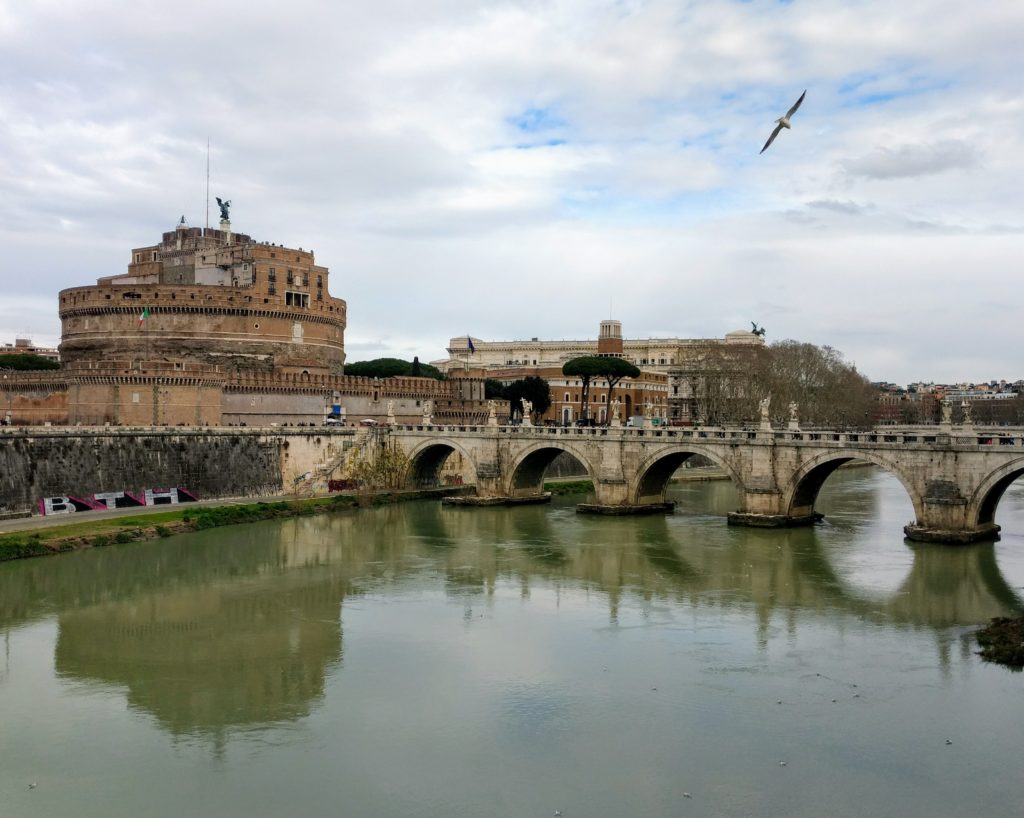
In the end, I have a lot of sympathy for Anne. In the real world, the world outside of romantic comedies, we flâneuses all have duties we must fulfill — bills we have to pay, dishes we have to wash, jobs we have to go to, families we have to care for, made-up European countries we have to reign over. Otherwise we’d probably wind up lying in a gutter somewhere, and that’s not much fun. Still we seize opportunities when we can, take a few risks, a few turns on the Vespa, and, once the holiday is over, always cherish our moments of flânerie for as long as we live.
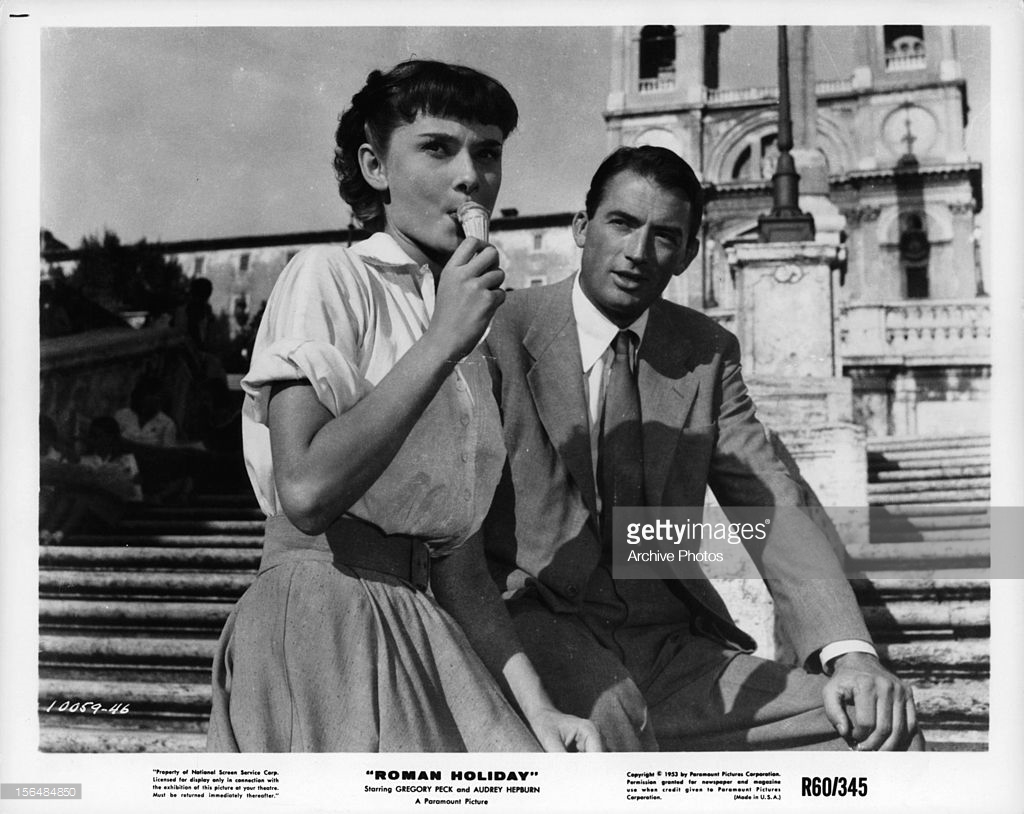



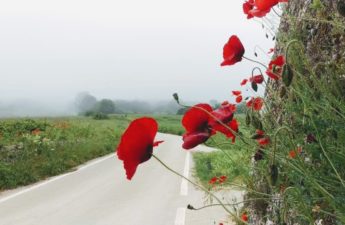

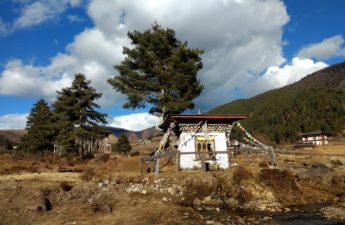
Nicely done! Right now I’m feeling weighed down by responsibility (of a less than royal nature, but still) — soon, though, some flâneuserie!
Incidentally, I have been trying to find the Italian word for flâneuse (I’d settle for flâneur, of course), so far with no clear winner. Then again, we don’t have a clear equivalent in English, either, so maybe I shouldn’t be surprised?
I’ll keep working on it!
I’ve been wondering that myself. It translates into English literally, but that doesn’t fully convey the connotations of flânerie.
And, yes, you must be crazy busy! But soon you’ll be soaking up Venezia!